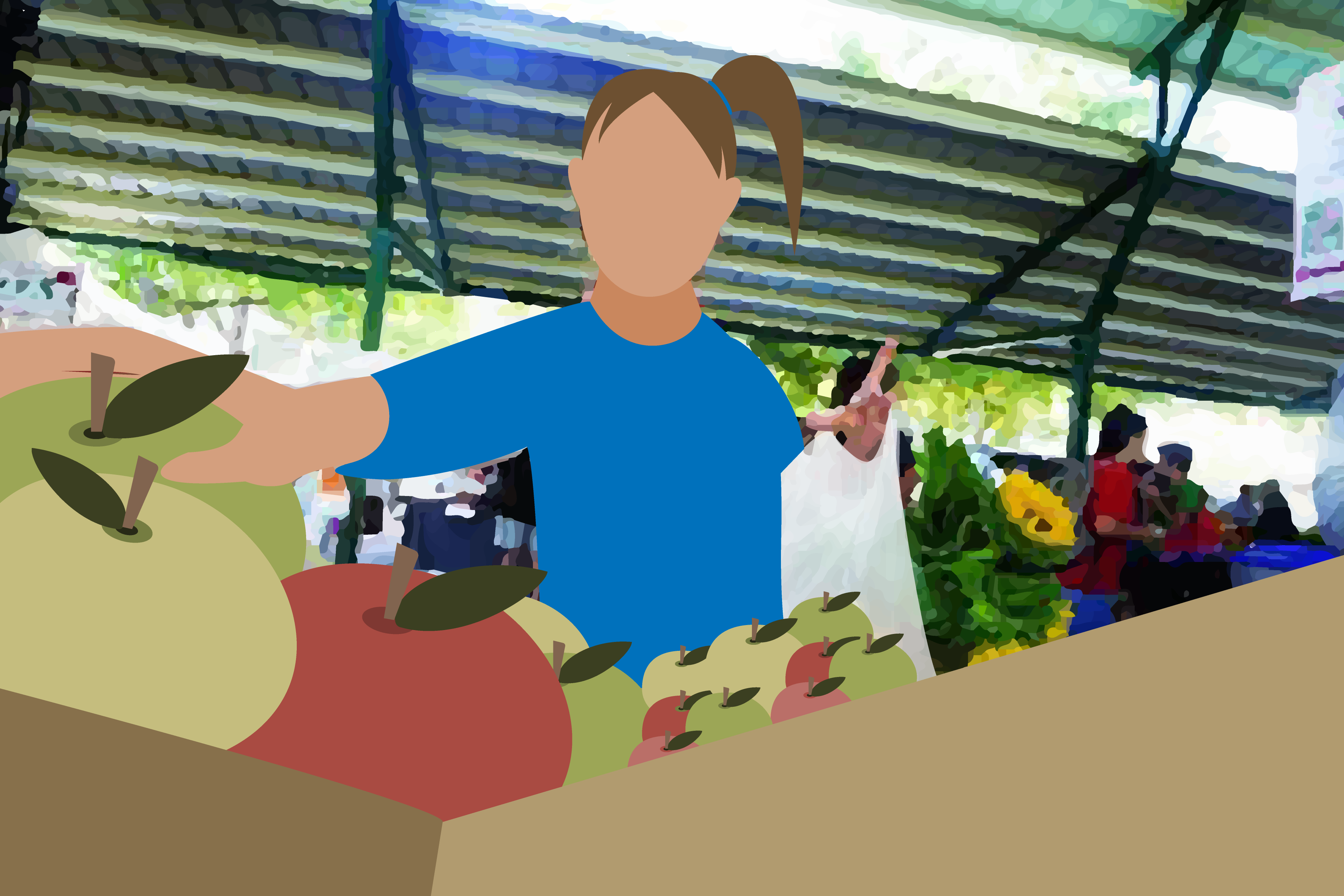
City of Davis affected by expansion of UC Davis campus
With UC Davis students making up over 30 percent of the city’s population, it is no wonder that Davis is known as a college town rather than a place of residence. Although the university plays a major role in the lives of Davis residents, many people fail to realize that the town itself has more to offer than a mass of twenty-somethings in pursuit of degrees.
Alex Asera, a second-year psychology major, grew up in Davis and decided to stay in town for college.
“It was honestly a great place to grow up,” Asera said. “There [are] actually so many similarities to the university [in town]. Everyone bikes [and is] generally healthy.”
Though the college aspect of Davis affects much of the activity around town, Davis is also a place where residents take part in activities specific to the city.
“[There is] a lot of Davis pride,” said Annie Meckstroth, co-editor and owner of the local events newspaper The Davis Dirt. “[Residents] see themselves as somewhat of a unique town, and they think it’s pretty special to live here.”
According to Meckstroth, though Davis is typically considered a small town, many students have not yet discovered the many activities not affiliated with the university for Davis residents to enjoy, including the Street Food Rodeo, a food fair put on by the Davis Dirt, and the Art About, a free showcase of around 25 to 30 art galleries in downtown Davis.
“The artist scene is really growing here,” Meckstroth said. “[There are] the greenbelts and biking aspect that’s on campus and also throughout the town.”
Because of the close proximity of the university, most Davis residents are connected with the UC Davis campus in some way or another, whether they are professors, faculty or alumni. This involvement brings a certain level of academic expectations to local schools like Asera’s own Davis Senior High School.
“I think one of the best things about Davis is we have really good public schools,” Asera said. “[In] a lot of places you have to choose between a good public and good private school. All the school programs [in Davis] are really great, [so] I’m super grateful. It was definitely a general expectation that people would be going on to higher education.”
These high academic standards of local Davis schools give young students the motivation to pursue education in the future.
“The focus on academic performance […] had a good influence on me,” said Tess Van Schoor, a second-year biology major who attended Davis Senior High School prior to UC Davis. “Kids were sort of pushing each other to succeed. That can have a downfall as well, because everyone is very competitive with each other at the high school, but it did push people into getting into a four-year university.”
From providing internships to lending university facilities, UC Davis allows residents to utilize its resources.
“The connection with [UC Davis] is really cool and unique,” Asera said. “I got to play at Mondavi every year for orchestra. I got to do a [UC Davis] biotech internship. The whole community I think benefits from that, not just students and faculty.”
Like in many towns, sports such as soccer, cross country and track are popular with young children. The music program also plays a large role in Davis culture.
“People often think that [Davis] is a pretty ideal place to raise children,” Meckstroth said. “There are a lot of activities for families and kids here. The camps and the classes that are offered are really popular.”
The small-town aspect of Davis also benefits its residents in terms of the relationships it helps to form. With a population of a little over 65,000 people, Davis residents grow up knowing most of their peers for years.
“My closest friends are still my friends from high school,” Van Schoor said. “Everyone in the senior class pretty much knew each other. I knew everyone by name.”
Though the close-knit community gives residents the chance to build relationships, it also has its drawbacks.
“People […] say [Davis] is kind of a bubble,” Asera said. “It’s really nice here, but people need to […] be aware that not everywhere is like here. In other places, not everyone has a PhD. I’d say it’s pretty different than a lot of places. If you’re here your whole life and you don’t travel, […] it can kind of lead to a false impression that everywhere is exactly like here.”
Though the city is home to mostly white and Asian demographics, according to Van Schoor, Davis is known as a welcoming community open to new people and new ideas.
“It’s a very liberal place, so we didn’t really grow up with […] racist stereotypes,” Van Schoor said. “The town does a pretty good job of teaching the benefits of diversity [and] how important it is to be open minded and learn about people different than you.”
Due to these aspects, Davis reveals its nature as both a college town and a comfortable place to live.
“I think Davis at first glance seems sort of like a sleepy town with not that much to offer,” Meckstroth said. “Once you dive a little deeper, [you] find out there’s actually a lot going on here, and people [are] doing a lot of amazing things.”
Written by: Allyson Tsuji — features@theaggie.org



